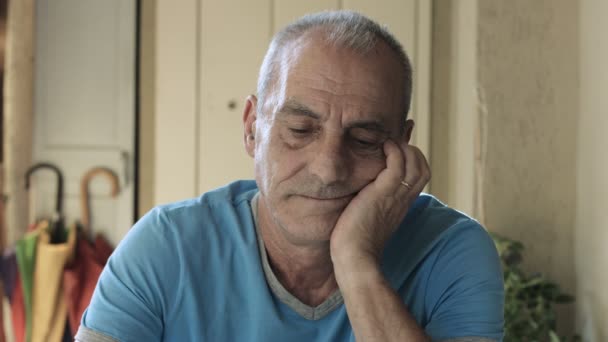When Do You Need A Caregiver?

When it comes to making a decision to be the primary person to care for our loved ones, most people are left without choices.
Due to aging, incapacitation or during post-operative recovery stages, the role of the primary ‘caregiver’ at home becomes challenging. It starts with simple tasks such as preparing them meals, or taking them to infrequent appointments with the doctor, but eventually this will require a lifestyle change to adapt to the situation, and a flexibility to make do with whatever time & resources you can squeeze out to take care of them. Over time, the role of the primary caregiver gradually grows and you now find yourself doing so much more, to the point where you may feel there are no options left for you.
Society has also put undue pressure on family members, particularly the children, with the assumption that they will have to take on the primary person’s role in providing care. In addition to meeting the demands and requirements of our lives, we have now added another significant duty to take care of our loved ones, and this may cause undue stress and burnout for these children who may not be able to balance this newfound responsibility. At the same one must also account for whether possible complications that can arise from our elders, be it their health or behaviour, that the children are not adequately equipped to handle.
The good news is there are services already in place to assist your family with providing the best care for your loved ones without disrupting your current life. Before that however, it is vital to evaluate the overall health condition of your loved ones requiring care to be able to identify the degree and type of care needed.
Below are a few key considerations when deciding if the family needs to engage the services of a professional caregiver.
Mental Aspect
- Frequent cases of being forgetful, lost, or confused
- Struggling to take the right medication at the right time
- Missing appointments set with doctors or family & friends
- Neglecting the safety and security of home
- Build-up of clutter over the years
- Leaving tasks abandoned midway
Emotional / Social Aspect
- Always feeling lonely
- Constantly feeling down, depressed, or frustrated
- Losing interest in previous hobbies or things which once made them happy
- Isolation – avoiding people, and social interaction
Physical Aspect
- Easily getting tired/exhausted
- Sudden changes in eating habits
- Gaining or losing excessive weight
- Strong body odour from poor personal hygiene
- Difficulty with ADLs (feeding, bathing, dressing, moving around)
- Trouble maintaining the cleanliness of the house
- More bruises due to falls or knocks
- Requiring medical attention / additional personal care
- Uses a medical equipment at home (eg. oxygen tank, concentrator, commode chair etc.)
Post-Hospitalisation Aspect
- Requires physiotherapy sessions to restore range of motion
- Requires wound management
- Requires tube changes and cleaning
- Requires simple medical procedures to be done at home
Evaluating your loved ones every now and then is vital to ensure that their health and security is taken care of. Therefore, is prudent to seek a professional ‘s guidance in determining these factors, as well as the correct course of action to be taken to provide them with the best treatment and care. Plus, it’s not wrong to get an extra hand to provide the companionship, care, and support to your loved ones when they need it in their golden years.
Links
https://seniorsresourceguide.com/articles/art00993.html
https://www.aarp.org/caregiving/basics/info-2017/neglect-warning-signs-ag.html

Leave a Reply
Want to join the discussion?Feel free to contribute!